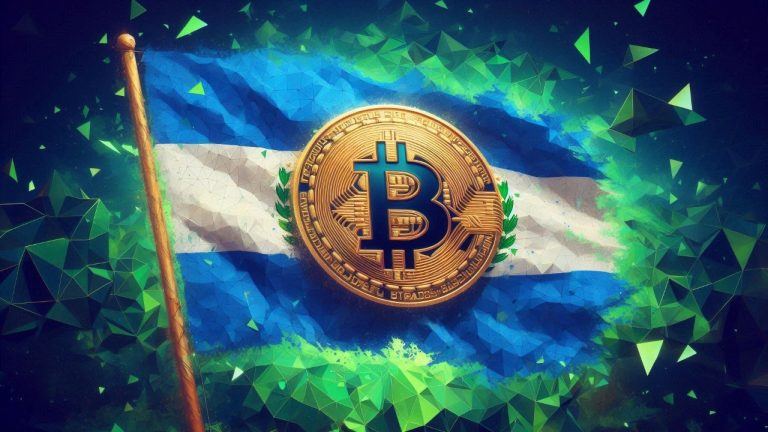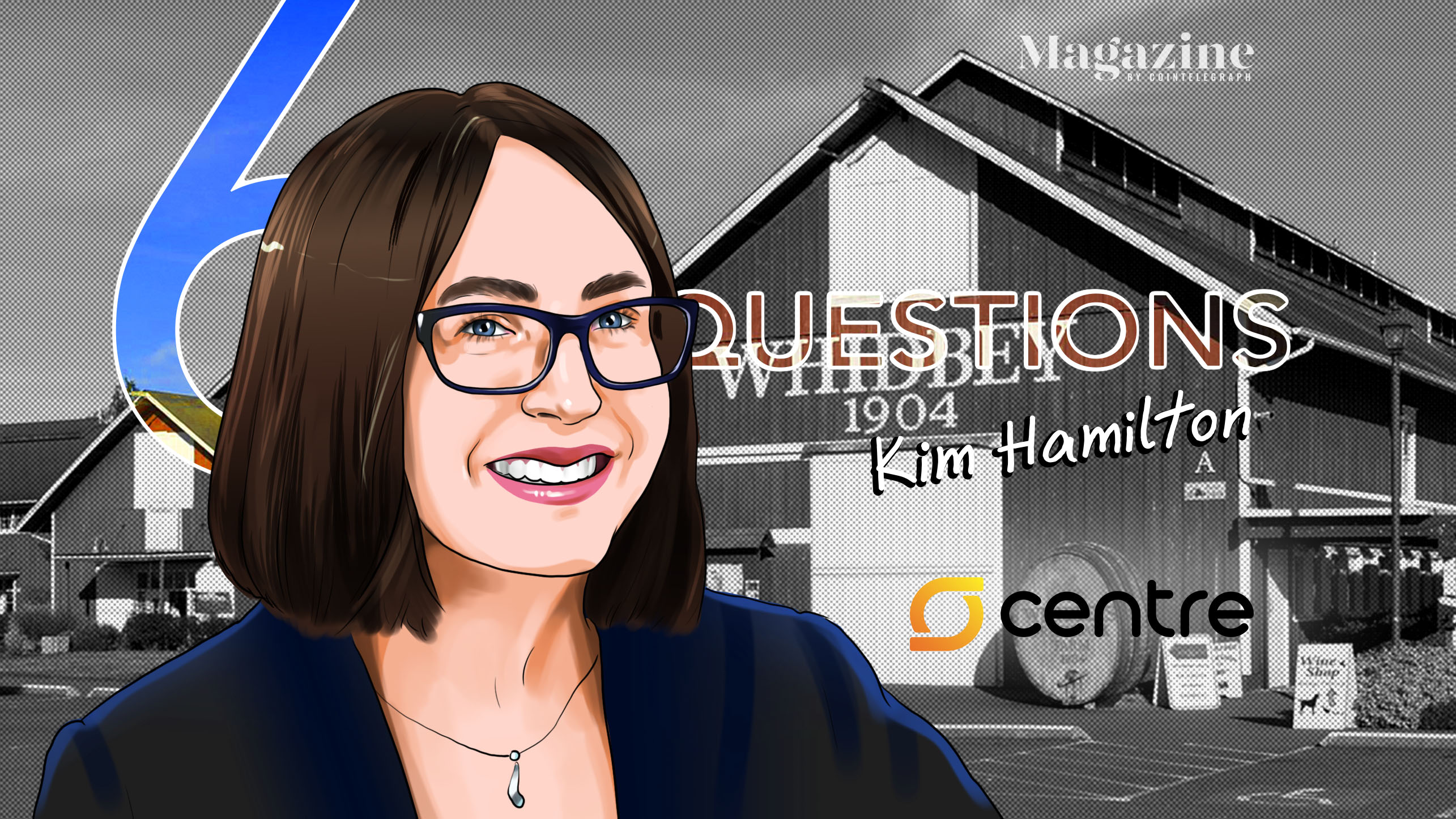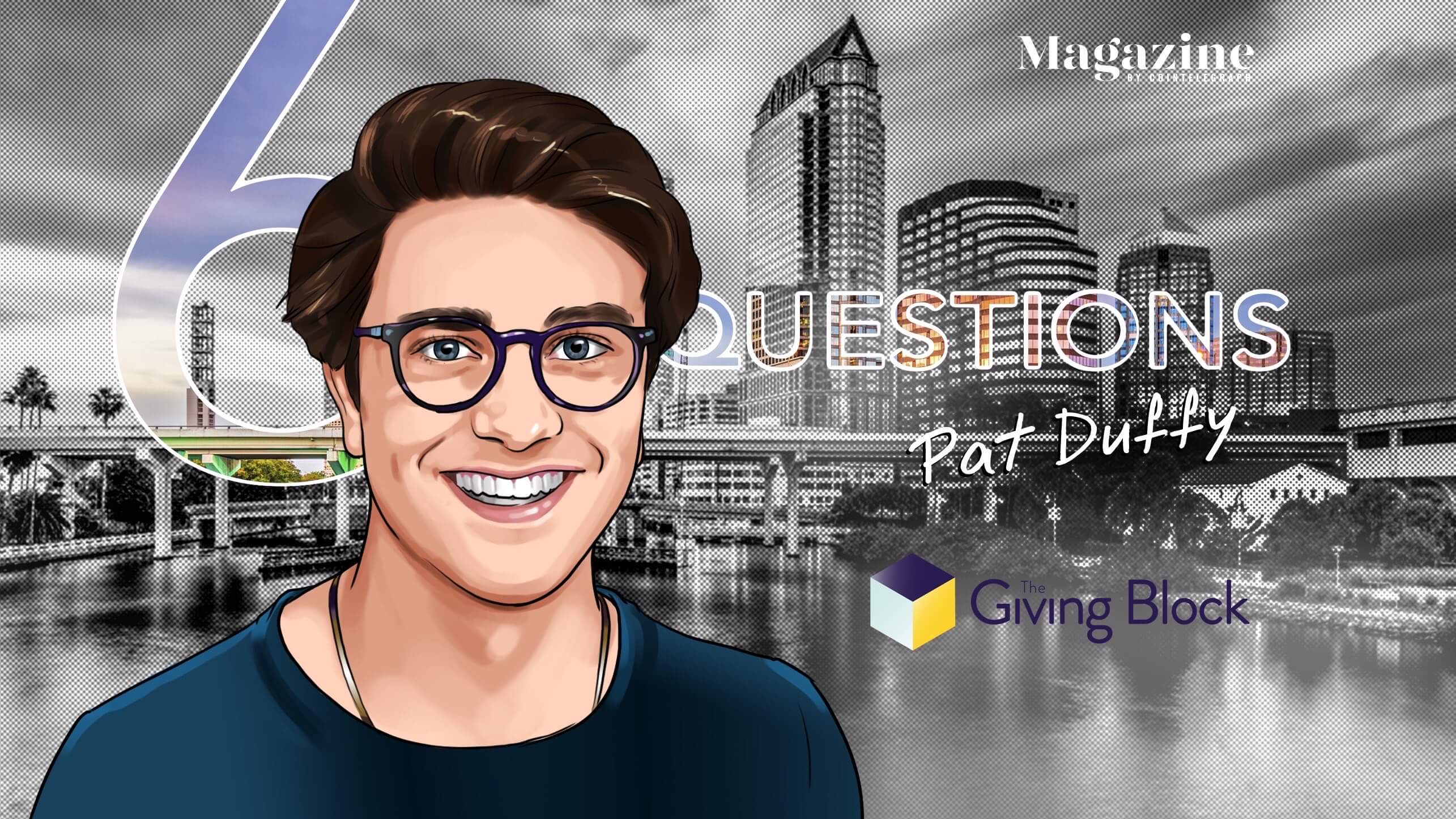
We ask the buidlers in the blockchain and cryptocurrency sector for their thoughts on the industry… and throw in a few random zingers to keep them on their toes!
This week, our 6 Questions go to Tongtong Bee, co-founder of Panony an incubator, investor and adviser for blockchain and Web3 business.
Im Tongtong Bee, the co-founder of Panony and founder and editor-in-chief of PANews. I started my professional journey as a journalist at Chinas traditional news outlets, including China News Service, Jiemian and Cailian Media Group. Since 2015, Ive been covering blockchain and fintech news as one of the few journalists in China to focus on these sectors at the time.
My focus on economic issues and emerging technologies led to me being selected to report on the Two Sessions (NPC and CPPCC) in 2018. And thats the year my business partner Alyssa and I started PANews. Weve published over 20,000 articles with an average of over 5 million page views per month, became a frequently cited source in crypto and blockchain journalism, including Forbes, Caixin, CCN, and were an official news source of Tencent News.
1 Looking at the top 100 projects in crypto by market cap, which ones stand out to you and for what reason?
I have to say Bitcoin. Being a journalist keen on economic research, I got blown away when knowing about its concept for the first time.
Bitcoin is designed to be a substantial step forward in making money more secure, as well as a significant deterrent to many types of financial crime. It is the first decentralized peer-to-peer payment network driven by its users with no central authority. Bitcoin now has changed the world and will continue revolutionizing the financial systems in many countries. It remains the creative outcome in all of its present and limitless future uses.
2 What is the single most innovative use case for blockchain youve ever seen? It may not be the one likeliest to succeed!
Being part of Panony and PANews, we always feel excited to meet and work with hundreds of brilliant, innovative projects worldwide. For example, Im personally intrigued with what theyre doing at Cudos, a decentralized cloud computing platform. We know that the cloud is pricey and centralized. In addition, up to 50% of the time, the hardware is inactive or switched off, resulting in low return on investment for enterprises and an enormous carbon footprint. Thus, the current development trajectory is unsustainable for the planet.
The Cudos network, using its cloud-based distributed computing approach that includes blockchain support, allows organizations to save up to 10 times more than centralized hyper-scale cloud platforms and hardware owners to offset (and potentially profit from) the cost of their hardware by renting out their computational power to the network.
The blockchain industry can be exuberant. Im glad there are plenty of talents out there building a better future together.
3 What does decentralization mean to you, and why is it important?
Good question. The decentralized web is the unstoppable future of the internet.
In the current version of the web, also known as Web2, people cant overlook the results of big corporations controlling what happens online: personal data being tracked and sold without our permission, loss of power for our contents, being dominated by ads Most of the web is centralized. Web3, which seeks to drastically reimagine how we design and interact with apps from the ground up, will fix many of these issues. There are a few fundamental differences between Web2 and Web3, but decentralization is at the heart.
The Ethereum network is currently the largest decentralized network, with access to thousands of decentralized applications. With a focus on digital ownership, the earning potential for content creators and the inventions of new ways to invest has increased. And in a decentralized web, individuals can control their data, not some mega corporate or anybody else.
4 List your favorite sports teams, and choose the single most memorable moment from watching them. If you arent a sports fan, choose a few movies and a moment!
As a winter game enthusiast myself, my memories of the Beijing 2022 Olympics are still fresh! Eileen Gu winning two gold medals and one silver at a single game is surely a free ski sensation. Not just watching her beautiful moves is jaw-dropping; I also admire her constant efforts to inspire girls. Im also honored to have made the Forbes China 30 Under 30 in 2020 with her (different list)!
As a female entrepreneur, I admire her spirit of sticking to goals, challenging the status quo, pursuing dreams with passion and constant hard work. It gave me strength when my business partner Alyssa and I started our business together.
5 If you didnt need sleep, what would you do with the extra time?
I really wish I dont need to sleep so I can do more things that interest me. I would probably read more books because I always find it fascinating to get to know something new. During the two-month lockdown in Shanghai, I grew out of a habit of indoor badminton exercise and will keep on doing that, doing it properly outdoors.
Im super grateful that my husband and I share many hobbies, and one of them is to write a book together on advertising in Shanghai. Were also quite interested in making documentaries for Chinese folk artists and hope the world could see them one day.
6 Whats the future of social media?
We envision the future of social media is owned by content creators, communities not certain platforms that control the narratives. This is what Web3 brings us. Decentralization could be the blueprint for the future of social media: Users could have direct access to the decentralized platform; no centralized authority can dictate the rules of engagement and monetization; social media will become a freer space while also granting content creators full ownership of their assets.
Decentralized autonomous organizations (DAO) are a novel way for online social organization that will have far-reaching implications. Properties of DAOs are likely to have an enormous impact on the business of social media. Blockchain tokens have the potential to change that arrangement by allowing creators to monetize their fans using many of the same methods that DAOs use to reward their members for contributions.
We have seen pleas from users that Twitter could have the potential to shift the power balance and to be transformed into a Web3 platform. Were also grateful to see some of the projects, including Only 1 and Rally, are committed to reshaping social platforms and rebuilding the social and creator economy.
A wish for the young, ambitious blockchain community:
Our community needs more builders who have a warm heart and a cool brain. Less FOMO, more patience. And confusion is good: It makes people think of themselves.









